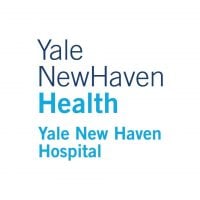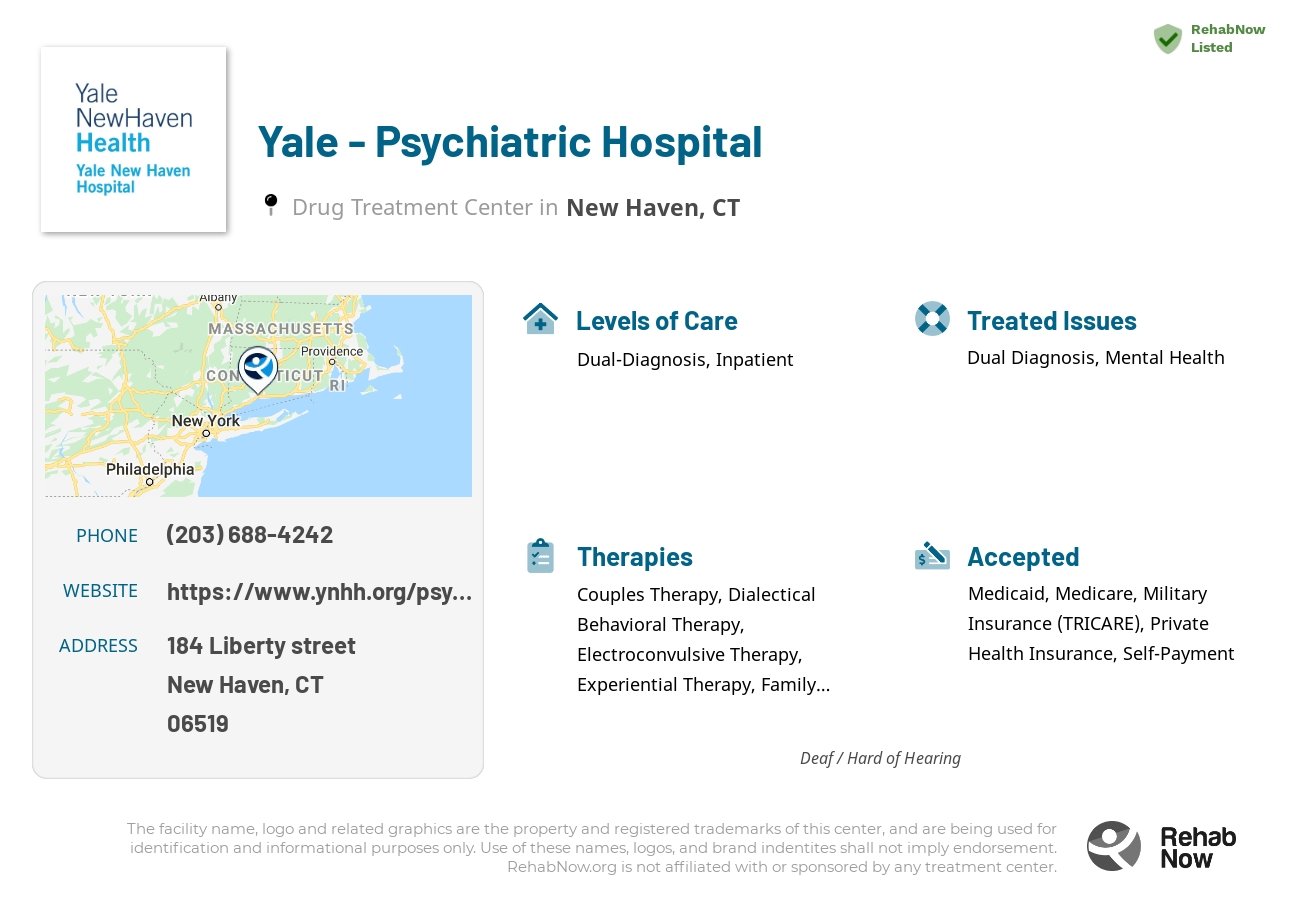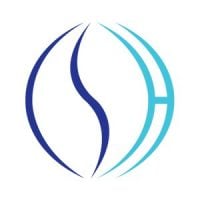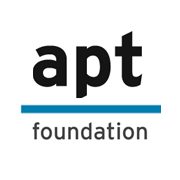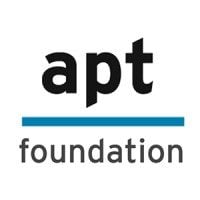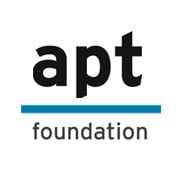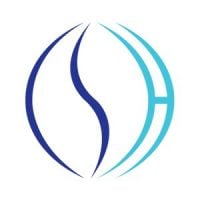Yale - Psychiatric Hospital
Drug Rehab Center in New Haven, Connecticut
Yale - Psychiatric Hospital in New Haven, Connecticut is a top-ranked psychiatric hospital that provides comprehensive care for addiction and substance abuse, and is recognized by national and international organizations for their exceptional quality of care.
About This Connecticut Facility
Yale - Psychiatric Hospital in New Haven, Connecticut is a full-service psychiatric hospital dedicated to providing exceptional inpatient and outpatient care for both adults and adolescents. This world-renowned hospital works in partnership with Yale School of Medicine and is among the top-ranked psychiatry departments in the world. Their expert staff of psychiatrists, psychologists, social workers, nurses and pharmacists specialize in a variety of mental health issues, including addiction and substance abuse.
At Yale - Psychiatric Hospital, the primary focus is on providing thorough and comprehensive care in the treatment of addiction and substance abuse. Their multidisciplinary team is committed to offering innovative therapies and evidence-based interventions in the form of individual, family and group counseling to help individuals improve their health and wellbeing. Medication management is also provided to promote recovery and help address the underlying issues of addiction.
Yale - Psychiatric Hospital is accredited by The Joint Commission and has achieved recognition from the American Psychiatric Association. In addition, they have achieved Quality Initiative Recognition from the American Society of Addiction Medicine and have been recognized by U.S. News & World Report as a top hospital in psychiatry and addiction medicine. The hospital has also received numerous awards from both national and international organizations for their exceptional quality of care and ongoing commitment to providing comprehensive mental health services.
Genders
Ages
Modality
Additional
Conditions and Issues Treated
When addiction and psychiatric issues co-occur, the addict’s recovery is more successful when both conditions are treated. A dual diagnosis refers to a condition in which the patient is diagnosed with two health issues: addiction and bipolar disorder. The most common therapies are psychotherapy, behavioral therapy, spiritual counseling, 12-step programs, and medication management.
Levels of Care Offered at Yale - Psychiatric Hospital
This center offers a variety of custom treatment tailored to individual recovery. Currently available are Dual-Diagnosis, Inpatient, with additional therapies available as listed below.
Inpatient treatment centers offer a safe, secure, and often medically supervised environment for drug or alcohol-addicted individuals. Many of these facilities are equipped to provide detoxification, treatment for co-occurring mental health disorders, and aftercare programs. The patient typically spends 28 to 30 days at the facility and will receive extensive drug counseling.
Therapies & Programs
At Yale - Psychiatric Hospital , to learn from past mistakes and improve one’s situation, the recovering person meets individually with a therapist. The counselor or therapist will address addiction causes, triggers, mental issues, dual diagnosis, and aftercare plans during this time. This is a very intense and challenging process. Some clients find it easier to open up to someone other than family or friends who understand their struggles with addiction.
Couples therapy sessions are typically used to help couples in recovery from drug addiction work through their issues. These types of sessions can be beneficial for many reasons, including the fact that they add a layer of accountability when both partners in a couple are recovering from addiction.
Therapy can also provide addicts with another effective way to cope with stress and avoid relapse during difficult situations. This type of therapy can help improve communication with their partners, which can strengthen the relationship and prevent future problems that might lead to relapse.
Family therapy is a crucial part of drug treatment and getting sober. It is one of the most effective ways to help addicts stay on the path to long-term sobriety. An addict’s family can play a vital part in helping them to avoid relapse. They can spot the warning signs and help them get back on track.
In group therapy, recovering addicts meet with a therapist and other people in recovery. Some groups are closed, meaning only people who share the same addiction or problem can attend. Others are open to anyone who wants to stop using drugs or drinking alcohol. Group therapy sessions typically focus on one topic each week or month so that recovering addicts can discuss issues they face daily.
Trauma therapy allows people to face and learn from past traumas.
Many people suffer childhood traumas that lead to adult addiction. During treatment at Yale - Psychiatric Hospital [/type], you can move forward in your recovery and reclaim your sober future! Trauma is a common cause of psychological disorders like Addiction Disorder. It’s common in Addictive Disorders patients because traumatized people have strong emotions or thoughts that lead to addictive behaviors.
Dialectical Behavior Therapy (DBT) is a type of therapy created in the late 1980s and early 1990s. It was designed to help people with high rates of suicidal behavior.
The goal of DBT is to teach mindfulness, distress tolerance, emotion regulation, and interpersonal effectiveness to help people learn how to live a life that is no longer controlled by overwhelming emotions and urges.
DBT is beneficial in treating drug addiction because it helps patients understand and cope with their cravings for drugs or alcohol rather than turning to those substances as a way of coping.
Cognitive Behavioral Therapy (CBT) is based on the idea that how we feel, think and act all interact together. It helps people explore their thoughts for problems (or false beliefs) that influence their mood and actions. CBT is very goal-oriented, which means that the therapist and patient work together on a specific problem. In addition to helping a client focus on thoughts that can be changed, CBT also allows them to take an active role in their treatment. Our thoughts determine our feelings and behaviors; our feelings affect our thoughts, and our behaviors change our thoughts and feelings.
Patient Experience
Experiential Therapy at Yale - Psychiatric Hospital
Experiential Therapy is a different way of thinking about addiction treatment. It uses physical activities to help work through troubling emotions, memories, and trauma that are sources of psychological issues like addiction.
Experiential Therapy can be an effective option for those who have struggled with past traumas or challenges associated with life decisions such as drug use. The non-traditional approach helps people deal more effectively with these struggles. It also allows them to gain new perspectives on their behavior patterns by recreating experiences in healthy ways rather than continuing old habits that may no longer serve them.
Payment Options Accepted
For specific insurance or payment methods please contact us.
Is your insurance accepted?
Ask an expert, call (888) 674-0062
Yale New Haven Health Associated Centers
Discover treatment facilities under the same provider.
- Yale - Adult Intensive Outpatient in New Haven, CT
- Yale New Haven Hospital Continuing Care Clinic in New Haven, CT
- Yale - Behavioral Health Services and Intensive Outpatient in Hamden, CT
- Yale - Continuing Care in New Haven, CT
- Yale - Child and adolescent Outpatient Psychiatric Services in New Haven, CT
Learn More About Yale New Haven Health Centers
Additional Details
Specifics, location, and helpful extra information.
New Haven, Connecticut 6519 Phone Number(203) 688-4242 Meta DetailsUpdated November 25, 2023
Staff Verified
Patient Reviews
There are no reviews yet. Be the first one to write one.
New Haven, Connecticut Addiction Information
Connecticut has a higher rate of substance abuse and addiction than the national average. The state ranks in the top 10 in the country for illicit drug dependence among those ages 18 to 25. In 2010, there were 9,211 people admitted to an alcohol treatment facility for alcohol abuse combined with a secondary drug. Connecticut ranked fifth in the United States of America for the number of fatalities involving drunk driving in 2014.
There are 9,000 people addicted to drugs in New Haven, Connecticut. The most common drugs are methamphetamines and marijuana. Alcohol is also abused by many residents. 20% of Connecticut residents have a substance abuse disorder, and 28,409 people died from drug overdoses in 2015. Drug treatment centers in New Haven, CT, offer detoxification. The therapeutic portion of treatment may involve individual counseling, group therapy, and recreational activities.
Treatment in Nearby Cities
- Darien, CT (31.9 mi.)
- Middletown, CT (23.2 mi.)
- Vernon-Rockville, CT (42.8 mi.)
- Clinton, CT (21.0 mi.)
- Bristol, CT (25.6 mi.)
Centers near Yale - Psychiatric Hospital
The facility name, logo and brand are the property and registered trademarks of Yale - Psychiatric Hospital, and are being used for identification and informational purposes only. Use of these names, logos and brands shall not imply endorsement. RehabNow.org is not affiliated with or sponsored by Yale - Psychiatric Hospital.
